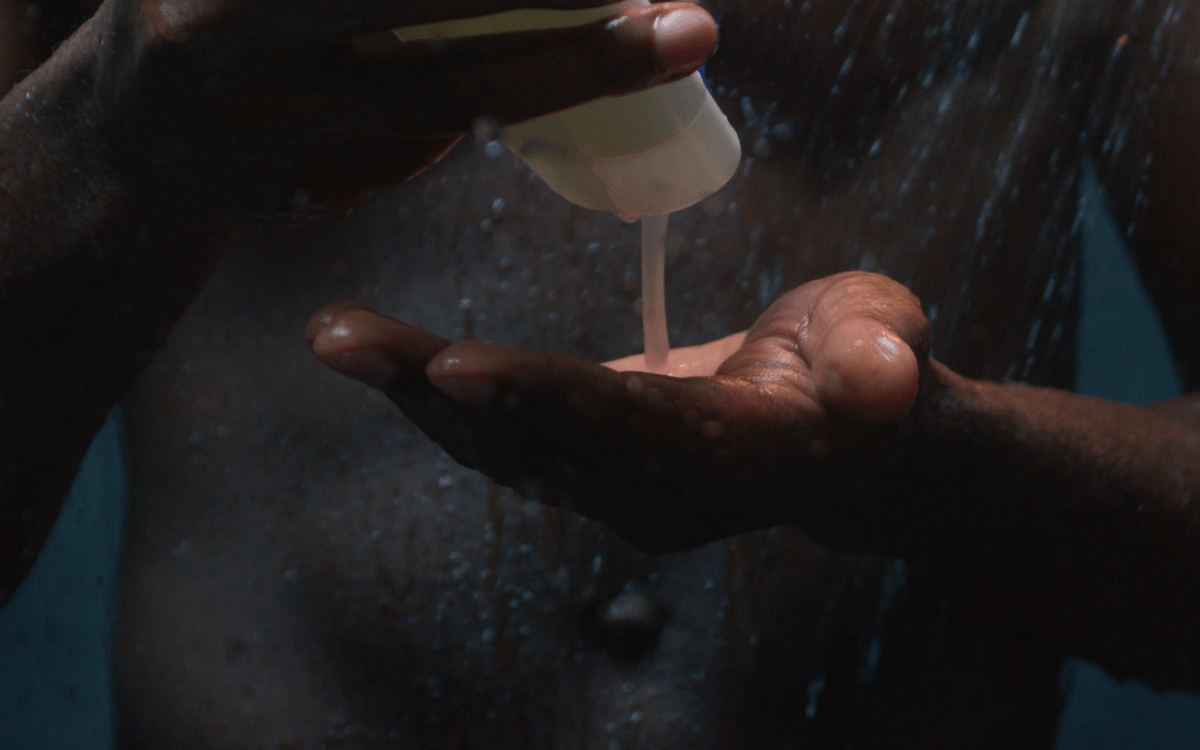Table of Contents
A good anal lube or lubricant is not just an enhancement but a necessity for any kind of anal play. The mucous membrane of the rectum does not produce moisture during sexual arousal and remains dry. Friction from sex toys, a partner’s penis, fingers, or fists can lead to tears and injuries. Lubricant (often referred to as lube) ensures that sex becomes a smooth and slippery experience. But which anal lube is the right one? How do the different types differ, and what did people do before its invention?
Which Lubricant is Suitable for Anal Sex?
As is often the case, there isn’t “one product” that suits all needs. Broadly, lubricants can be categorized into three main types:
- Water-based Lubricant: Water is the main ingredient in waterbased lubricants. They are well-tolerated, affordable, and compatible with sex toys. However, they don’t stay slick for long, so you’ll need to reapply often.
- Silicone-based Lubricant: Lubricants based on silicone are much longer-lasting. They remain reliably slick but are not compatible with sex toys. Silicone can damage other silicone materials and is also not recommended for use with condoms.
- Oil-based Lubricant: Oil-based lubricants provide hours of moisture. They have the advantage that they are equally suitable for toys, hands and cocks and also care for the skin.
Now that you know the three main categories, you have a basic understanding of which lubricants are suitable for anal play. You can either choose the water-based option and reapply as needed or opt for silicone-based lubricants and forego toys in this setting. If you want to combine slipperiness with longevity, oil-based lubes are a good choice.
Specialized Lubricants for Specific Needs
There are also subcategories of lubricants designed for specific purposes, which you should be aware of:
- Numbing Lubricants: When the size is too large or the sensation is overwhelming, numbing lubricants can make anal sex easier and less painful. These allow you to feel every touch from your partner while helping you relax and open up more willingly. They are also compatible with toys, allowing you to practice with that XL-fisting dildo without discomfort.
- Fisting Lubricants: Specifically designed for hours of moisture, these are often thicker and more buttery in consistency to adequately coat both the arm and the rectum. Fisting Lubes are typically sold in jars rather than tubes and are often referred to as “butter.”
Did you know? Numbing creams and gels often contain lidocaine, a numbing agent also used by dentists for surface anesthesia. It’s also an ingredient in the pain-relief injections you get at the dentist.
Do I Need Lubricant with Anal Toys?
Lubricant is essential for anal sex to prevent injuries. Besides, it’s simply more fun when things slide easily. But what about anal toys? Can you go without lube, or should you always add that extra slippery layer?
For maximum enjoyment, the rule remains: no play without lube. The surface of anal toys may feel smooth but is still dry. Whether silicone or plastic, your toy only becomes properly slick when moistened with anal lube.
It’s important to ensure compatibility. Silicone toys and silicone-based lubricants don’t mix. Water- or oil-based lubricants are better choices and should be explicitly labeled as toy-compatible. Don’t forget to use lubricant with plugs or prostate vibrators. It eases insertion and prevents tears in the sensitive anal mucosa.
Can Anal Sex Work Without Lubricant?
In short, anal sex without lubricant is not advisable. It can be painful, feel dry and uncomfortable, and may result in mucosal tears. As the active participant, you’ll also find it much more enjoyable when the penis is well-lubricated and can slide in easily.
Some suggest using lubricated condoms as an alternative, but they are no substitute for a good lubricant. The coating on condoms often wears off after initial penetration, requiring additional lube from a tube.
If you must try it, prioritize safe sex. The risk of injury without lubricant is significantly higher, making condoms even more essential. However, those who’ve tried will likely tell you it’s not worth it—anal sex is simply more enjoyable when there’s a full tube on your nightstand.
What Did Gay Men Use Before Modern Anal Lube?
Lubricants have been around for decades, but silicone- and water-based lubricants for sexual use were only invented in 2004. Before this, gay men used natural alternatives:
- Olive Oil: Commonly used for body care and anal sex alike.
- Animal Fats: Lard and pork fat were readily available in various cultures and served as popular substitutes for lubricants.
- Dairy Products: Butter or cream, when available, were used to enhance slickness during anal sex.
- Saliva: The quickest option was spit. Applied liberally, it reduced friction and made anal sex easier.
Although these alternatives worked, they are not recommended in the era of modern anal lubricants. The primary concern is hygiene. While butter from the fridge may be slippery, it’s not something you want lingering in your anus.
Alternatives to Anal Lube
In the mood for anal play but out of anal lube? Baby oil and other household items are generally unsuitable as they’re often incompatible with condoms. Even the much-touted Vaseline isn’t a good choice. While it’s a great skin moisturizer, it’s not safe for sex. It can damage condoms and increase the risk of bacterial infections.
The best solution is to quickly grab a tube of anal lube. Alternatively, use condoms with extra moisture. Some also use pure aloe vera gel, which is water-based and condom-compatible. Ensure it contains no additives like alcohol.
Other home remedies some people use as lube substitutes include:
- Clarified Butter (Ghee)
- Olive Oil (still a go-to in places like ancient Greece)
- Avocado or Almond Oil
- Coconut Oil
While these might work in a pinch, we strongly advise against anal sex without proper anal lube. To stay safe, always keep an extra tube in your drawer.
|
